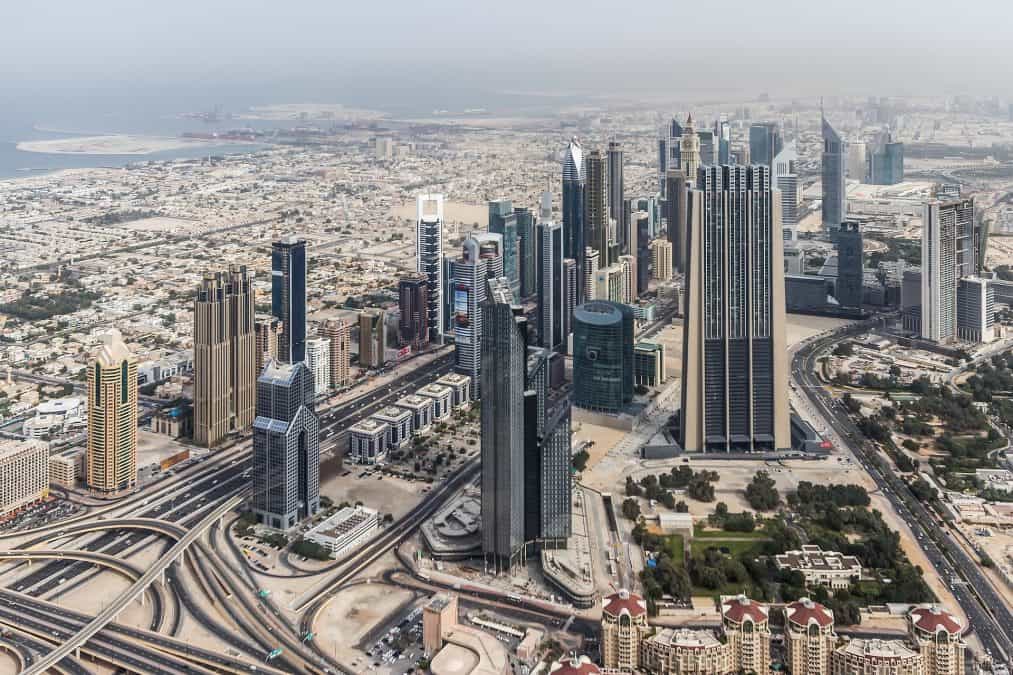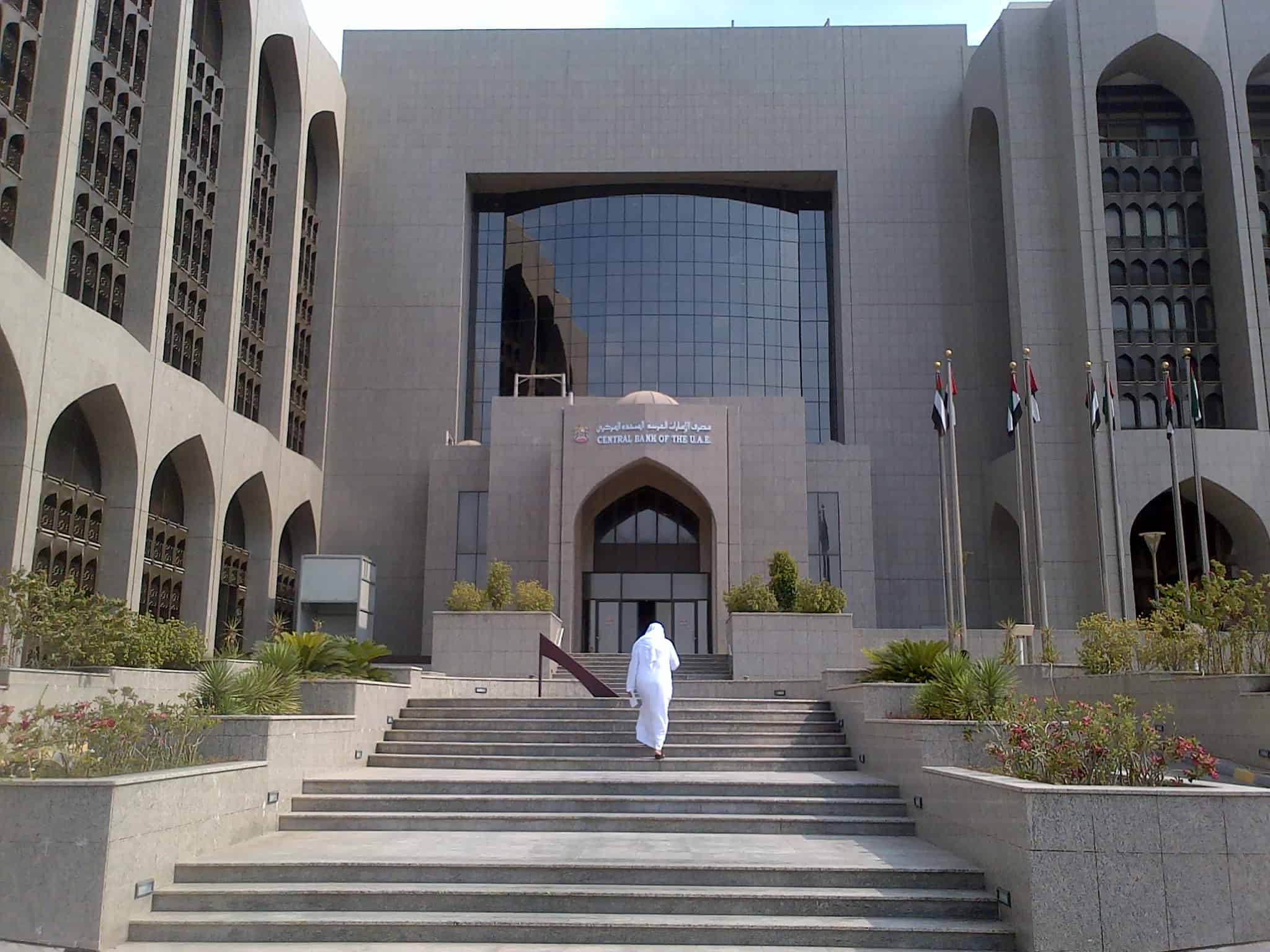Abu Dhabi, UAE — The Central Bank of the United Arab Emirates has projected the country’s annual real GDP growth to expand by 4.3 percent in 2024.
“After three quarters of high growth, the UAE’s economy maintained a solid footing in Q4 2022, reflecting a strong performance of both the oil and non-oil sectors,” the apex bank revealed in its 4th Quarterly Economic Review.
For the whole year, growth is estimated at 7.6 percent. In 2023, the CBUAE maintains its forecast unchanged at 3.9 percent. Oil production is expected to moderate in line with the OPEC+ agreements but the non-oil sector is anticipated to continue to support aggregate output, even if at a more modest pace.
“Oil production averaged 3.1 million barrels per day in Q4 and the UAE hydrocarbon GDP is estimated to have grown by 10 percent Y-o-Y, in line with the OPEC+ agreements (10.1 percent for 2022).”
In the meantime, and following the robust growth in the previous quarter, the non-oil sector is estimated to have grown at a similar pace in Q4 2022. The CBUAE estimates non-oil GDP growth for 2022 at 6.6 percent, according to the review.

The bank highlighted the main drivers of this strong performance to be the real estate and construction sectors and a dynamic manufacturing sector, such as refineries and aluminum production.
“In addition, the FIFA World Cup in Qatar and other global events that took place in the region boosted travel and tourism to the UAE.”
For 2023 and 2024, the CBUAE projects the real non-oil GDP to expand by 4.2 percent and 4.6 percent respectively, in line with global growth trends.
As for inflation, the review projects it to decelerate to 3.2 percent in 2023, “on the back of softer price increases in all categories, especially transport and food and beverages”.
“Imported inflation is expected to be modest owing to the disinflation trend worldwide, while rents and wages are also expected to contribute moderately,” the review explains. .
In 2024, inflation is projected to slow further at 2.8 percent, in line with global trends.

